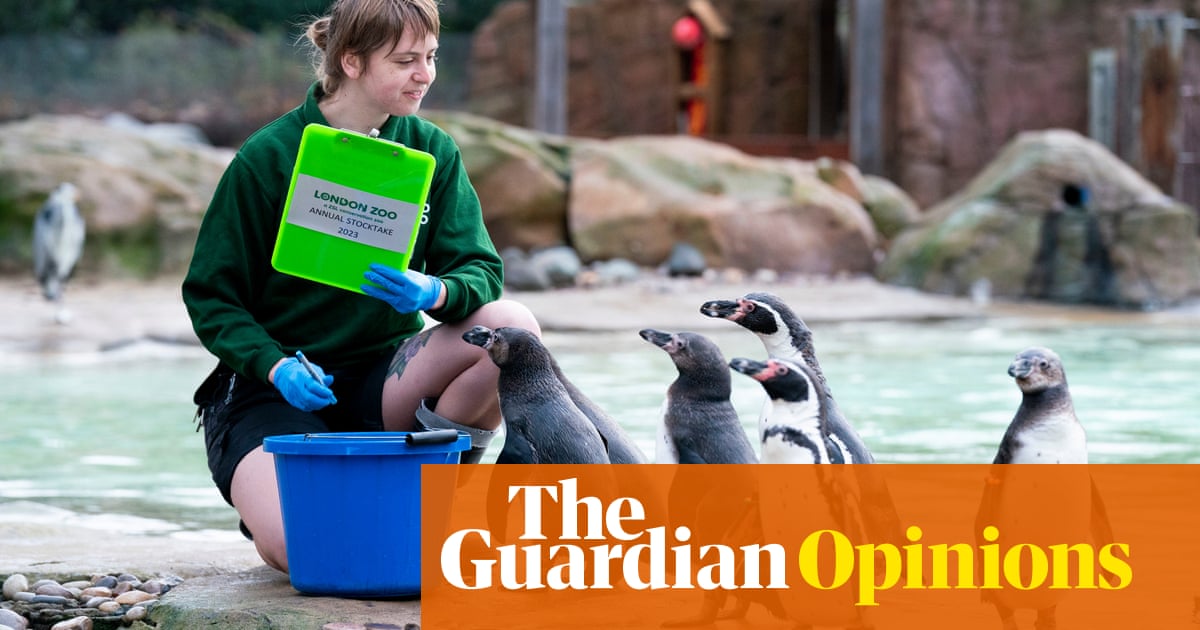
hether it is Munya Chawawa as the “posh MC” Unknown P on Instagram, Lou Sanders attempting rollerskating tricks on TikTok, or Alistair Green’s send-ups of arrogant politicians, conspiracy theorists and rude mums on Twitter, comedy videos are a constant cheering distraction in the infinite scroll of lockdown. While the rise of the viral comic started pre-pandemic – Mo Gilligan, now a Bafta-winner, first broke through on social media, while US comics such as Alyssa Limperis and Meg Stalter have been doing front-facing phone-camera videos for years – during lockdown, comedians who would usually be on stage were forced to find new ways to tell jokes. With more comics than ever gaining big online followings, the industry is reckoning with a big question: has Covid changed comedy for good – or is it a short-term boom?
Social media certainly has the potential to democratise the business. In the UK, most comedy stars build their profile through unpaid gigs and taking loss-making shows to the Edinburgh fringe, where a huge PR budget buys a better chance of getting scouted for the coveted career leap to TV. It is an anxiety-inducing cycle that favours those with money and the ability to spend every August splurging it. As comedians realise they can pick up bigger audiences (including comedy’s gatekeepers) online, returning to non-stop live shows might feel pointless.
Comedians Alasdair Beckett-King and Stevie Martin were thinking about this before the pandemic, both making videos for social media after the last Edinburgh fringe in 2019. “Edinburgh is essentially showing people that you’re still doing comedy,” Martin says. Yet she estimated 2,000 people might see her Edinburgh run, while a video could beat that in minutes. She began creating sketches with the actor Lola-Rose Maxwell about stuff that annoyed them: being asked to work for exposure rather than money, or tracking a missing parcel. During lockdown, now filming on Zoom, their views ballooned.
Beckett-King had similar thoughts: “I could have a video seen by thousands, although I know the intensity with which people are watching is less.” He already had the technical expertise from a film degree, so he started remoulding old jokes from his live shows into online sketches. His videos feature flawless green-screen forests and spacecraft, animated dogs and goblins, and well-observed music, accents and costumes, helping make his film and TV parodies particularly popular. A recent parody of Scandinavian crime dramas reached 2.5m YouTube views. Its success boosted his YouTube subscribers from 600 to more than 76,500.
Of course, among those viewers are comedy’s gatekeepers: the agents, commissioners and producers who can open a comic’s career up to an audience beyond the iPhone. “Social comedy is an incredible calling card for new comic talent,” says Fiona McDermott, head of comedy at Channel 4. “Chances are, when someone is pitched or suggested to us, you can look them up and some of their work will be out there. It’s democratising and exciting, and it’s a marked change from how we would have received pitches even three years ago.”
Gregor Sharp, a BBC comedy commissioning editor, agrees. “People send a link and say: ‘Have you seen this person?’ in those informal, ground-level conversations. The other avenue is casting. Traditionally that would be a very formal process, but social media is starting to revolutionise that. It is a really valuable avenue now to access new talent, without them having to get on an agent’s books, network, go to events.”
The upcoming BBC Three comedy series PRU, about teenagers in a pupil referral unit, was partially cast this way, with callouts on Instagram and auditions over Instagram Live helping to find new talent.
“As an agent, it’s incredibly helpful to be able to put clients’ videos in front of producers and casting directors, as they serve to quickly and efficiently highlight how skilled a client is,” says United Agents’ Isaac Storm.
Storm represents Harry Trevaldwyn, who grabbed Twitter’s attention back in March 2020 in character as Boris Johnson’s daughter getting grounded. He only had 200 followers then, but that has grown to nearly 17,000. Trevaldwyn is now working on writing and acting projects off the back of his social success.
Similarly, the comedian Toussaint Douglass started experimenting with a green screen in his bedroom when the pandemic began, creating Star Trek and Bridgerton parodies, and workouts with his character Jaheim Wicks (“Put your hands up … like you’re being stopped by an over-zealous police officer”). Before, his comedy career was confined to the stage. Now, he has performed standup on BBC Three and joined Russell Howard’s writers’ room. “From all the opportunities I’ve got, the videos have been mentioned,” he says.
Douglass made his scripted TV comedy debut on Dane Baptiste’s one-off BBC Three show Bamous: “The fact they’d seen my videos meant they felt confident I could construct a sketch using green screen technology. Back in March 2020, I just wanted to still do comedy in some form, but that made the transition from my bedroom to Bamous a lot easier.”
Will social media success lead to post-pandemic rewards? For Martin and Beckett-King it looks likely – as their followers on socials increased, so did downloads of their respective podcasts. “It’s less time and more gain for me than doing a live show, but thankfully I think these online sketches will have boosted my live audience; then both sides are earning money,” says Martin.
Like comedians, agents were starting to spend more time on social media pre-pandemic, and this has accelerated in the past year. Hollie Ebdon, of Ebdon Management, previously signed Alison Thea-Skott after seeing a Facebook video: “I was already aware of what a great act she was, but it put her in such a different light.”
Chris Quaile, of Individual Artist Management who looks after acts like Micky Overman, says the company had “a traditional approach”, looking for talent mostly on the live circuit, but before lockdown he had begun conversations with purely online comics. “One YouTuber kept referring to what I do as ‘legacy media’,” he says. “That really aged me!”
Neither has signed a comic based solely on socials – they want acts who are more than viral sensations. “The quality of what people put out and the consistency is what we look for,” says Quaile. “I don’t want to sign people purely off the back of numbers.” Although, he says, it’s now more common for networks and streaming services to want to “acquire an audience that’s been generated by that artist. They’re not going to build it with you. They want your numbers.”
While Douglass has moved to TV, he credits standup as a crucial part of his journey; leaping straight from social might not be as easy. “Quick, smart sketches are perfect for the internet, but they have to have bigger ideas and bigger worlds for TV and radio,” Ebdon says. “Dapper Laughs was a great example of someone who had a big internet audience [but] maybe didn’t have enough to pad out something for telly. I hope commissioners look at what established comedians have been creating online to understand how they could transfer to TV, rather than just going after viral sensations.”
The BBC’s Sharp says viral comics might slot seamlessly into simpler comedy formats, such as panel shows, but for those with script-writing ambitions it is a bit more complicated. “There’s a challenge for how new talent breaks in,” he says. “It’s that jump from something you can film yourself to something that is complex and involves more characters and storytelling.”
Yet there is potential to prove those skills on social. “In shows like The Royle Family, where they don’t use a big canvas to tell the story, it’s all about pure character writing,” says Sharp. Filming at home, he adds, “forces you to dig deep into the characters for the story and that is always going to be a valuable quality in any script”.
Social media has brought a lockdown boost for many comedians. As performers use more platforms to bypass comedy’s usual obstacles – location, wealth and contacts – we will see more people splitting their time between the internet and stage in future; some may stay online for good. But getting a viral hit “still involves a lot of good luck” says Beckett-King, and for those with “legacy media” dreams, while commissioners are chasing social media audiences, followers alone do not guarantee TV stardom.
“The creation of a character or world that’s got real potential for something longer-form must go beyond the world of just ‘selfie framing’,” says Channel 4’s McDermott. “But there’s no doubt that this is a fertile time. I think we’ll see the rewards from the intensity and proliferation of output in the next couple of years.” The age of selfie expression is just getting started.












